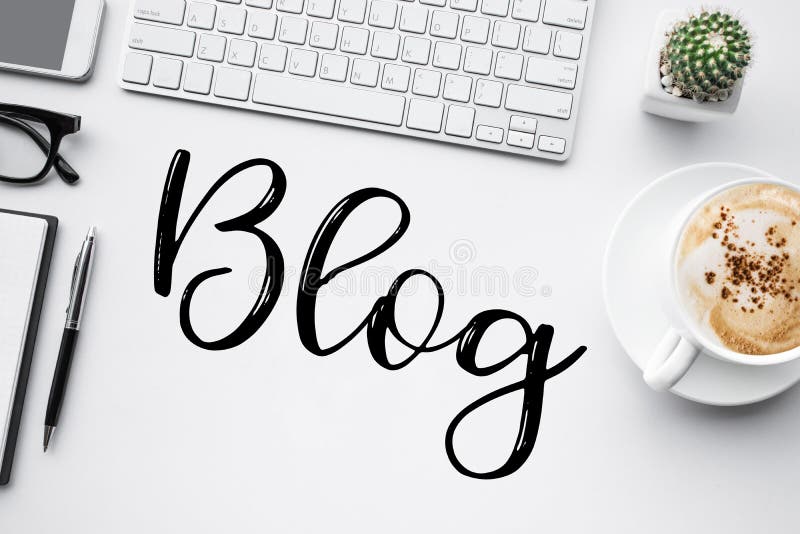What to do to keep yourself and your family healthy during the current crisis? 8 ways
In Nepal, the Gen-Z movement has burned down government structures and prisoners have escaped from prison.
Due to the shortage of medicine and limited hospital services, it has been suggested to treat common illnesses at home.
Contaminated water, pollution, and mental stress have increased health challenges due to the movement.
Nepal is currently at a very sensitive time. The Gen-Z movement has brought turmoil across the country. Government structures have been burned down, people's homes have been set on fire. Hospitals have become overcrowded. Prisoners have escaped from prison. The market system has become unstable, and the risk of medicine shortages and black marketing has increased. At such times, it is very important for individuals to be aware of public health.
The first thing to pay attention to during a crisis is the health security of themselves and their families. Problems such as lack of medicine, limited hospital services, polluted environment, contaminated water, and mental stress are current health challenges.
Amidst the challenges, it is important for the general public to take some precautions to avoid health complications.
1. Let's try to treat common diseases at home
In such a situation, there may be a shortage of medicines in the market. There may be a long wait for treatment at the hospital. In such a situation, if you experience symptoms such as a common cold, cough, or sore throat, do not go to the hospital unnecessarily. Let's adopt easy treatment measures at home.
- Gargling with salt water
- Drinking hot water, taking steam
- Resting, drinking plenty of water
- Home treatment using basil, ginger, and turmeric
Common fever and cough are self-healing in nature within two to three days, so let's be patient until it gets worse. However, if you experience severe symptoms, it is appropriate to seek advice from a health worker or go to a health facility.
2. Let's take special precautions to avoid contaminated water
Government structures, sewers, and water pipes have been damaged. These can lead to harmful chemicals, waste, or infectious elements mixing with water. There is a high possibility of diseases like cholera, typhoid, and diarrhea spreading, and chemical substances can cause many problems, so let's be careful.
– Drink only water that has been boiled for at least 10 minutes
– Use filtered or bottled water as much as possible.
– Pay special attention to the quality of water while cooking.
3. Take precautions to avoid fire and pollution
When houses burn, gas tanks explode, and structures are destroyed, toxic gases and dust are released into the environment, causing air pollution to reach high levels.
– Make it a point to wear a mask when going out.
– Avoid places with excessive dust and smoke as much as possible.
– People with asthma, allergies, or lung problems should be extra careful.
– Take special care of our young children.
4. Provide first aid for burns and wounds
Incidents of burns or injuries due to fires are increasing. Minor wounds can become serious if not treated immediately.
– Apply cold water to the burned skin (but do not use ice).
– Use a cream called ‘Silver Sulfadiazine’ available at the nearest drugstore.
– Keep the wound clean, do not use dirty bandages.
5. Management of physical fatigue of those involved in the movement
Many young people involved in the movement may be in pain. In such a situation, the indiscriminate use of antibiotics or painkillers can be harmful.
– Take a hot bath, immerse your hands and feet in cold water
– Apply salt water compresses
– Get plenty of rest
– Eat fruits, soft foods, and protein-rich foods
– Do light exercise
6. Be sensitive to mental health
During the peak of the movement, people make impulsive decisions due to the effects of adrenaline. In some cases, it leads to regret and deep mental stress. Losing a relative, getting injured, and the collapse of the country's infrastructure can all weaken morale.
– Reading an inspirational book. Accepting the current situation and trying to get used to it.
– Trying to reduce mental stress through yoga and meditation.
– Talking openly with relatives.
– Seeking entertainment (music, books, quiet movies) as much as possible.
7. Avoid misinformation and uncontrolled use of medicines
There are many cheap treatments or suggestions on the Internet. Not all of them are true and safe. If you need information about any medicine you use, you can call the Drug Information Center and get free advice.
Toll-free number: 1660-01-21500, Landline: 01-591311
Email: [email protected] WhatsApp/Viber: 9801236161
You can get information about the medicine you are using by contacting the above-mentioned means. To get basic information about medicines, you can read the contents of the book Medicine Knowledge Healthy Life here for free.
Therefore, do not search for medicines on Google or use AI. Consult an experienced person (pharmacist, health worker). Because taking medicines indiscriminately can cause more problems.
8. Stay in touch with family
Parents in the village may be very worried when they do not receive news of their children who have joined the movement. Rumors and fear may spread.
– Let us reassure our relatives by calling or sending messages from time to time.
– Let us also convey messages to worried families.
We must all move forward as citizens, consciously, with consensus, and with restraint. The crisis will pass, times will change, but in the meantime, every life we save will be invaluable.





